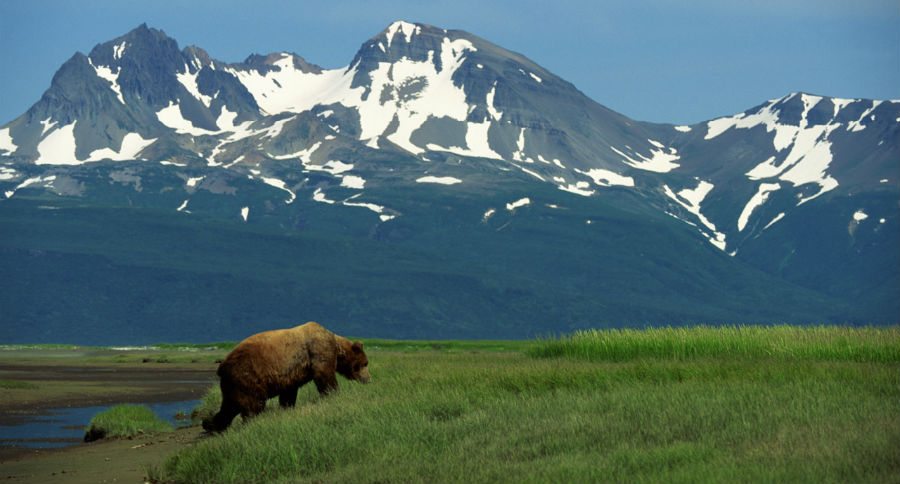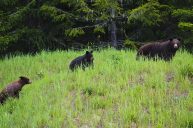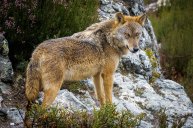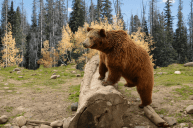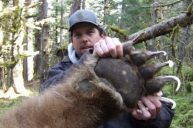The state of Alaska is at odds with certain agencies of the federal government over what they describe as attacks on the Alaskan way of life.
The National Park Service and the U.S. Fish and Wildlife Service (USFWS) have instituted hunting policies that the state of Alaska says run counter to the Alaskan way of life.
Toward the end of the year in 2015 the National Park Service instituted hunting regulations that restricted certain hunting and predator control methods in national preserves. The agency prohibited the killing of wolves and coyotes during denning season, the killing of black and brown bears over bait, and the killing of any black bear with artificial light at den sites.
"As Alaskans, we have a unique relationship with our land, especially in the most rural parts of our state where residents rely on hunting and fishing to put food on the table," said Governor Bill Walker. "These regulations impact our basic means of survival. Alaskans must be able to provide for their families, and the rules that have been put forward by the federal government do not support that."
It is probably unfair for the state to lump all of these regulations together. While it could be argued that Alaska does have a point with the first two of them, the third seems dispensable.
The killing of black bears in dens using artificial light is likely the least controversial of the three, in that there is probably little support for that practice among hunters and non-hunters alike. But hunting wolves and coyotes, and baiting bear are more contentious issues, and often separate hunters from animal rights activists.
Predator control is an important issue for subsistence hunters and baiting bear is a time-honored traditional way of hunting.
An AP story indicated that "The state and federal government have long been at odds over 'predator control' on federal conservation lands where management goals can differ."
The Alaskan Game Board, a seven member panel appointed by the governor, sets bag limits and seasons for game animals, and has pushed policies that favor large predator (bears and wolves) control methods so as to expand opportunities for people to harvest moose and caribou.
Alaska Fish and Game Commissioner Sam Cotten supported the state's right to manage its own wildlife resources.
"To preserve the ability to hunt for future generations, state officials need the flexibility to manage wildlife populations," Cotten said. "These regulations remove that flexibility."
Alaska Attorney General Jahna Lindemuth echoed Cotten's assertion. "These federal regulations are not about predator control or protecting the State's wildlife numbers," she said. "These regulations are about the federal government trying to control Alaskans' way of life and how Alaskans conduct their business."
Like what you see here? You can read more great articles by David Smith at his facebook page, Stumpjack Outdoors.
NEXT: Gallery of Humongous (Really, Really Big) Kodiak Bears
